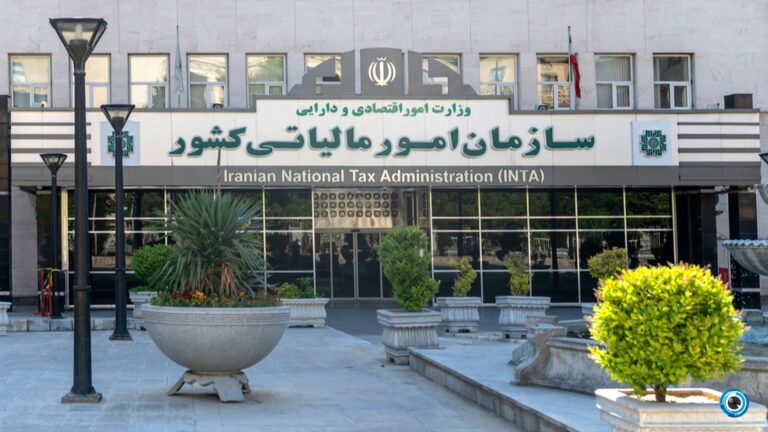Introduction
Iran presents a complex yet promising landscape for foreign investors, with its rich resources, strategic location, and vibrant market potential. However, to successfully navigate this promising environment, understanding the legal framework governing business operations is essential. This article provides an overview of the key legal aspects that foreign businesses must consider when entering the Iranian market.
Legal Framework Overview
The legal environment in Iran is influenced by Islamic law (Sharia), civil law traditions, and specific regulations governing foreign investments. Understanding these layers is crucial for compliance and securing a foothold in the market.
1. Investment Laws
Iran has several laws that facilitate foreign investments, including the Foreign Investment Promotion and Protection Act (FIPPA). This legislation aims to create a more favorable environment for foreign investors and includes the following key provisions:
- Investment Guarantees: The FIPPA provides assurances against nationalization and guarantees the transfer of profits and repatriation of investment.
- Tax Benefits: Foreign investors may enjoy reduced tax rates and exemptions in certain sectors to incentivize investment.
- Legal Recourse: Investors are granted the right to resolve disputes through Iranian courts or international arbitration, which is crucial for risk mitigation.
2. Commercial Law
The Iranian Commercial Code regulates various aspects of business operations, encompassing the establishment of companies, trade practices, and contractual relationships. Key elements include:
- Company Types: Investors can choose from several business structures, including limited liability companies (LLCs), public joint stock companies, and subsidiaries of foreign companies. Each structure has distinct legal implications, capital requirements, and operational guidelines.
- Registration Process: Companies must be registered with the Iranian Companies Registration Office, which involves submission of necessary documents and compliance with local regulations.
- Commercial Contracts: Contracts in Iran must be carefully drafted, with attention to local laws and customs, to ensure enforceability and clarity.
3. Labor Laws
Iran’s labor laws focus on the protection of workers’ rights, including regulations on employment contracts, working hours, wages, and termination procedures. Foreign employers should be aware of:
- Employment Contracts: It is mandatory to provide written contracts outlining terms of employment, including job descriptions, salaries, and benefits.
- Wages and Benefits: The Iranian government sets minimum wage levels, and employers are obliged to comply with these regulations, as well as provide other statutory benefits such as insurance and pensions.
- Termination Laws: There are specific legal requirements around terminating employment, including notice periods and severance pay, which must be adhered to avoid legal disputes.
4. Intellectual Property Rights (IPR)
Protecting intellectual property is a critical concern for foreign businesses in Iran. The country is a member of various international agreements, including the Paris Convention for the Protection of Industrial Property and the Berne Convention for the Protection of Literary and Artistic Works. Foreign businesses should focus on:
- Trademark Registration: Trademarks must be registered with the Iranian Intellectual Property Office to ensure protection against infringement.
- Patents and Copyrights: Companies need to understand local processes for patenting inventions and securing copyright for creative works, as these protections are vital for maintaining competitive advantage.
Compliance and Regulatory Bodies
Navigating Iran’s legal landscape involves interaction with multiple regulatory bodies. Key institutions include:
- Organization for Investment, Economic and Technical Assistance of Iran (OIETAI): This body supervises foreign investments and provides necessary permits and guidance.
- Iranian Tax Administration (ITA): Oversight of tax compliance and regulations falls under this body, vital for ensuring adherence to local taxation laws.
- Ministry of Cooperatives, Labour, and Social Welfare: This ministry formulates labor laws and oversees labor relations, ensuring compliance with employment regulations.
Learn more about all IRAN Business Gate services. Click here for detailed information!
Conclusion
Successfully navigating business laws in Iran is pivotal for foreign investors aiming to enter this vibrant market. By understanding the legal frameworks surrounding investment, commercial operations, labor relations, and intellectual property, businesses can mitigate risks and seize opportunities in Iran’s diverse economy.
At Iran Business Gate, we are dedicated to supporting those interested in entering the Iranian market. We offer valuable insights and guidance on legal compliance, market entry strategies, and operational best practices to help investors make informed decisions. We are here to assist you in your journey toward successful business ventures in Iran, ensuring that you navigate the complexities of the economic landscape with confidence.
Let's Talk Now!
Your thoughts and questions matter to us! At IRAB Business Gate, we are eager to hear from you.



